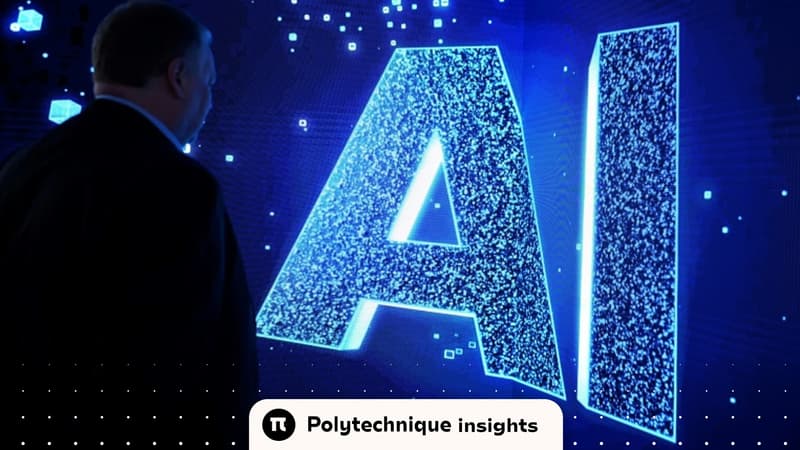1• Generative AI can “amaze”
Generative AI is improving every day, but the reliability of the answers given is still uncertain. Although they will always calculate faster than us, their intelligence is not comparable to humans due to a lack of real understanding of the information contained in the data they process. Errors may occur.
Éric Moulines, professor of statistics at the Polytechnic School (IP Paris), admits that “This type of AI is incapable of evaluating the veracity of the answers it gives and it is possible [pour ChatGPT] to generate content that seems plausible, but that they are strictly false.” This phenomenon, known as “hallucinations”, is explained by errors or biases in the training databases.
2• Generative AI consumes energy
As with all “big data” digital processing, generative AI works using huge, power-hungry servers that require energy-intensive cooling methods. With an increasing number of users, this need is only growing.
“Generative AI cannot be developed without questioning its ecological footprint,” says Laure Soulier, professor at Sorbonne University. Therefore, scientists are already working to optimize these systems with “frugal AI.” The objective: reduce the resources necessary for its operation to limit its carbon footprint as much as possible.
3• Generative AI requires supervision
To create original content such as text or images, generative AIs establish connections and make inferences based on a pre-existing database. As a result, there is a persistent risk regarding data security. Most generative AI is American and therefore hosted on servers on the other side of the Atlantic.
According to the Patriot Act and the Cloud Law, These data can, in principle, be recovered by the American authorities. This poses a risk, especially for companies, which see the security and confidentiality of their data at risk. In 2023, the European Parliament agreed on a first “AI Law” that will regulate its use in European territory.
4• Generative AI will not be able to replace humans
Certainly, certain professions tend to disappear with this technology, as was the case with the information and media sectors, music or even services with the first wave of AI innovations. With generative AI, jobs at risk are characterized by repetitive, non-intellectual tasks. These AIs will free up time for the benefit of productivity.
“Call center employees, secretaries, data entry operators, linear and simple activities, with little variation in tasks, little interaction with others, could be replaced by bots,” specifies economist Janine Berg of the International Organization of the UN work. Thus, new professions will emerge from this digital revolution that will lead to evolution and not to a loss of employment.
This content is not offered by the BFM Business editorial team, but by our partner Polytechnique Insights, the magazine of the Institut Polytechnique de Paris.
Source: BFM TV


